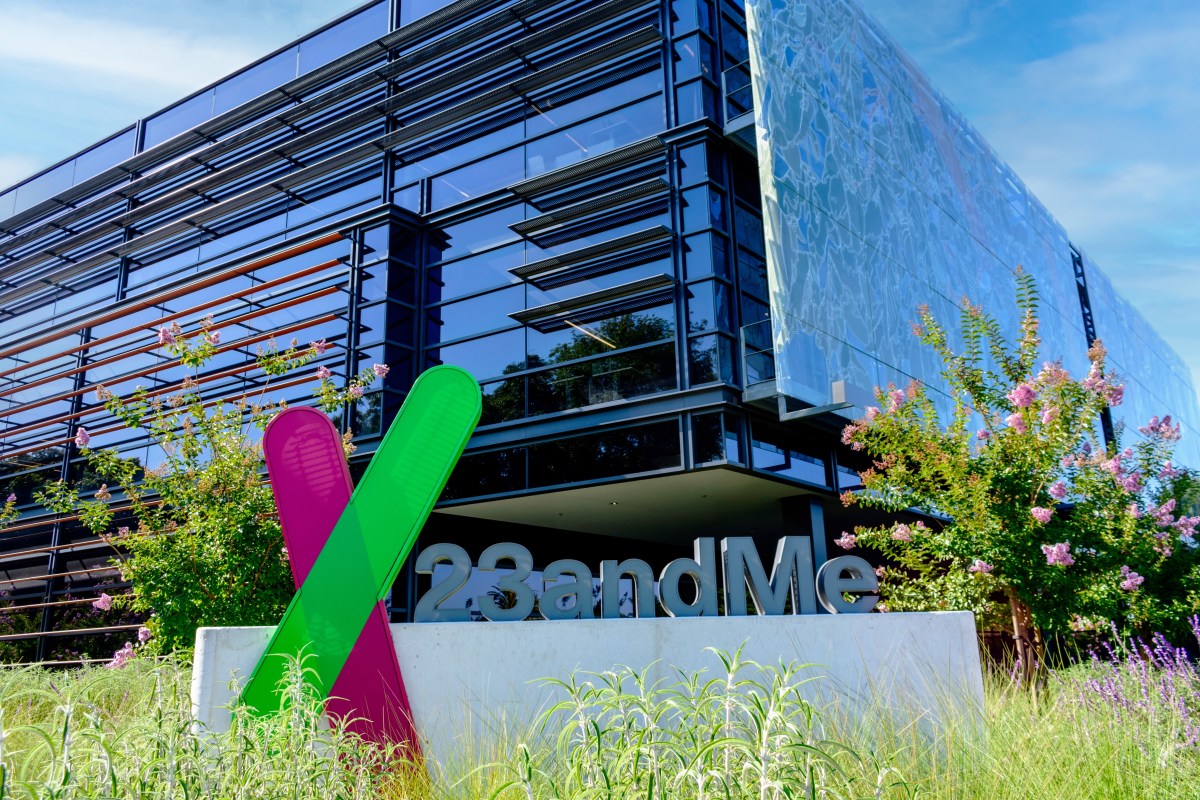Regeneron’s Bold Move: Acquiring 23andMe for $256 Million
In a landmark deal poised to transform genetic research, Regeneron Pharmaceuticals announced on July 8, 2024, its acquisition of consumer genetics giant 23andMe for $256 million. The strategic purchase aims to accelerate advancements in personalized medicine by combining Regeneron’s biotech expertise with 23andMe’s vast genetic database. This merger raises both excitement and ethical questions about data privacy and the future of biotech collaborations.
A Strategic Powerhouse in Personalized Medicine
The acquisition positions Regeneron to leverage 23andMe’s trove of genetic data from over 12 million customers, one of the largest privately held genomic databases globally. Analysts suggest this could fast-track drug development for conditions like Alzheimer’s and cardiovascular diseases. “This isn’t just a purchase—it’s a paradigm shift,” says Dr. Elena Torres, a biotech analyst at Bernstein Research. “Regeneron gains direct access to population-scale genetic insights, cutting years off R&D timelines.”
Key advantages of the deal include:
- Enhanced R&D efficiency: 23andMe’s data can identify genetic markers for diseases more rapidly.
- Cost savings: Reduced reliance on third-party data providers, potentially saving billions in research costs.
- Consumer reach: 23andMe’s brand recognition could aid patient recruitment for clinical trials.
Ethical and Privacy Concerns Emerge
While the merger promises scientific breakthroughs, privacy advocates warn of risks. 23andMe’s business model relies on customers voluntarily sharing DNA data, often for ancestry reports. Critics argue that merging with a pharmaceutical company could erode trust. “Patients didn’t consent to their data being used for drug profiteering,” asserts privacy lawyer Mark Chen. Regeneron has pledged anonymization protocols, but skepticism persists.
A 2023 Pew Research study found that 58% of Americans distrust how companies handle genetic data. The deal may intensify scrutiny under the Genetic Information Nondiscrimination Act (GINA), with regulators likely to demand transparency safeguards.
Market Reactions and Competitive Landscape
The announcement sent Regeneron’s stock up 4.3%, while rivals like AncestryDNA face pressure to innovate. The direct-to-consumer genetics market, valued at $1.2 billion in 2024, could consolidate further. “This sets a precedent for biotech firms to acquire data-rich platforms,” notes Goldman Sachs analyst Priya Kapoor. However, challenges remain—23andMe reported a $320 million net loss in 2023, raising questions about its valuation.
The Road Ahead: Integration and Innovation
Regeneron plans to integrate 23andMe’s infrastructure into its Regeneron Genetics Center, a hub for genomic research. Early projects may include:
- Developing targeted therapies for rare diseases using polygenic risk scores.
- Expanding pharmacogenomics to tailor medications based on DNA.
Industry watchers suggest the deal could inspire similar partnerships, blurring lines between tech and biotech. “The future of medicine lies in data-driven discovery,” says Dr. Torres. “This is just the beginning.”
Conclusion: A New Era for Genetic Research
Regeneron’s acquisition of 23andMe marks a pivotal moment for personalized medicine, offering unparalleled research opportunities amid ethical dilemmas. As the companies navigate integration, stakeholders will watch for breakthroughs that justify the investment—and the scrutiny. For consumers, the message is clear: understand how your data fuels innovation. Stay informed about genetic privacy rights by following updates from the FDA and FTC.
See more Business Focus Insider Team

